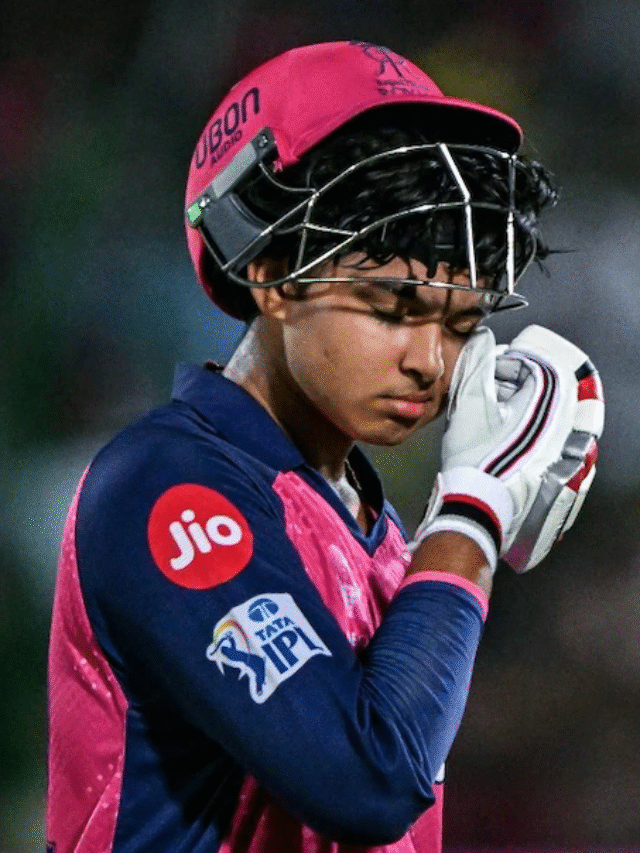The new guidelines come in response to complaints about delays and difficulties faced by beneficiaries of government schemes and regular bank customers.
Here’s an explainer of the key changes in the draft rules:
Banks must send KYC reminders
Banks must now send three advance notifications before the KYC update due date. At least one must be in letter form. If customers still don’t comply, banks must send three additional reminders after the deadline. These reminders must clearly explain the update process, help options, and the risks of inaction.
KYC deadline relaxation for low-risk customers
Customers marked as low risk can continue transactions even if their KYC is overdue.
Banks must update their KYC by June 30, 2026, or within one year of the due date—whichever is later. Meanwhile, banks must monitor these accounts closely.
Business Correspondents (BCs) can now help with KYC updates
Banks can now use Business Correspondents (BCs) to collect self-declarations from customers. If there are no major changes in KYC info (except address), customers can update their details through BCs. These agents will collect biometric e-KYC, scan documents if needed, and forward everything to the branch.
BCs must also give customers a receipt confirming document submission. Final responsibility for KYC updates remains with the bank.
Onboarding and KYC update process simplified
RBI has reiterated that banks should use the CKYCR (Central KYC Records Registry) to fetch customer KYC data during account opening or updates, with customer consent.
Customers can update or submit their KYC via:
- Aadhaar OTP-based e-KYC
- Video KYC (V-CIP)
- Mobile apps or online banking
- ATMs
- Letters or in-person visits
- Through BCs
Focus on rural and semi-urban areas
Banks have been asked to organise KYC camps and run campaigns in rural and semi-urban areas.
These regions have the highest backlog in KYC updates, especially for government scheme beneficiaries and PMJDY account holders.
What this means for you
- If your KYC is due, expect multiple reminders from your bank.
- If you’re a low-risk customer, you’ll have more time to update KYC.
- You can now use your local BC agent for hassle-free KYC updates.
- Updating your KYC via digital modes is now easier and more accepted.
The new KYC amendment rules will come into effect once published on the RBI’s official website.






